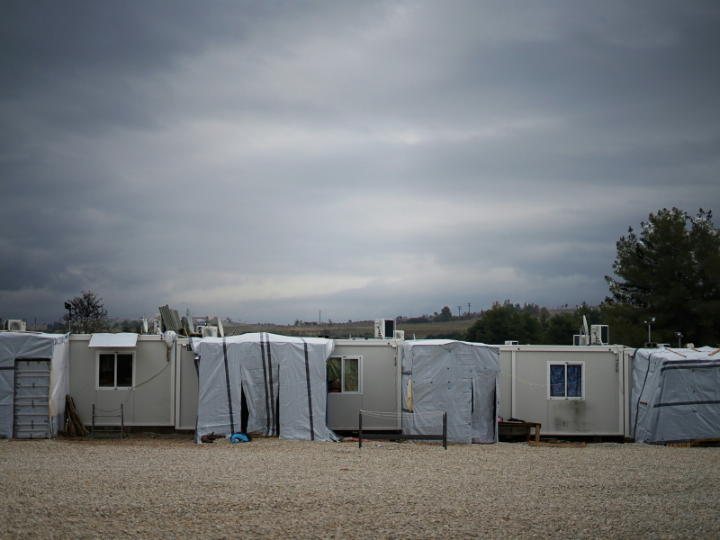by
Martin Banks
STEPs stands for Specialised Treatment for Europe’s Patients and, among other things, EAPM’s campaign aims to highlight, to current and potential MEPs plus the European Commission, the possibilities surrounding personalised medicine and the advantages for their constituents in the run-up to May´s European elections.
EAPM says personalised medicine (PM) is all about giving the right treatment to the right patient at the right time and is a sure-fire way towards a healthier Europe. But it comes with many challenges across all sectors operating in the healthcare field.
Industry and science, for example, need more collaboration, better interoperability, greater access to quality data, a rethought reimbursement process, more cash for research.
Meanwhile, doctors and nurses in the front line need more education about, for example, rare diseases and the treatments available.
For the patients, however, it’s all about access, according to EAPM. Access to treatment and medicines, access to clinical trials, access to more (and clearer) information, access to decision-makers and legislators for the chance to get their voices heard and their needs understood from the top-level down.
EAPM says this affects every country in Europe. While patients in EU Member States with lower incomes face even bigger obstacles to all of the above, these problems also exist in the richer states. They are essentially pan-European issues.
Mary Baker, MBE, is immediate past president of the European Brain Council (EBC) which exists to promote brain research and improve the quality of life for those suffering from brain diseases.
She emphasises what many already know: that society has changed, the population has grown and people now live longer. This has come with inevitable problems.
‘The regulatory system is not fit for purpose anymore,’ says Baker. ‘It’s nobody’s fault, just the way things have developed. The whole health profile of Europe is different and adapting to that is certainly a new challenge.’
So how do patient groups see the challenge?
Dr Stanimir Hasardzhiev is one of the founders (and current chairperson) of the National Patients’ Organisation of Bulgaria – the biggest patients’ umbrella organisation in the country with 85 disease-specific member groups.
Alongside his other patient advocacy work, in 2013 Stanimir became a board member of the European Patients’ Forum which, among other activities, represents specific chronic disease groups at EU level.
‘Access’ is the key word. As Stanimir says: ‘The issues facing us, especially in this economic crisis, are access to healthcare and medicines, access to information, to screening and to the right treatments at the right time. Patients also need equal access to clinical trials and, from there, innovation.´
With a new European Commission and Parliament on the horizon, Hasardzhiev is clear about what he wants: ‘Access for patients to treatment and medicines should be among the highest priorities. We need all institutions and stakeholders to sit around one table to find solutions to improve life for those most in need across Europe.
Viorica Cursaru, of Myeloma Euronet Romania, works for the rights of patients suffering rare blood cancer with a low life expectancy after diagnosis of between 30 months and five years.
Like Bulgaria, Romania is a relatively low-income state and Cursaru says:‘There should be no first- and second-class citizens when it comes to healthcare. We need a minimum standard of care across the whole EU, a standard everywhere below which we cannot fall.´
Šarūnas Narbutas, president of Lithuanian Cancer Patient Coalition, says: ‘When it comes to oncology, clinical information for the patient has been almost non-existent in Lithuania. There is a huge communications gap.
‘To combat this we have been working with other groups to produce literature which is reviewed here by oncologists and the patients.’
Ingrid Kossler, of the Swedish Breast Cancer Association, echoes this, saying: ‘In Sweden there is perhaps a lack of convincing information. Take breast cancer – women have a choice between mastectomy and breast-conserving treatment. Many needlessly choose mastectomy because of a fear of cancer. They think that if they have been diagnosed with breast cancer and don’t have a mastectomy, they will die next Monday.’




 By: N. Peter Kramer
By: N. Peter Kramer

